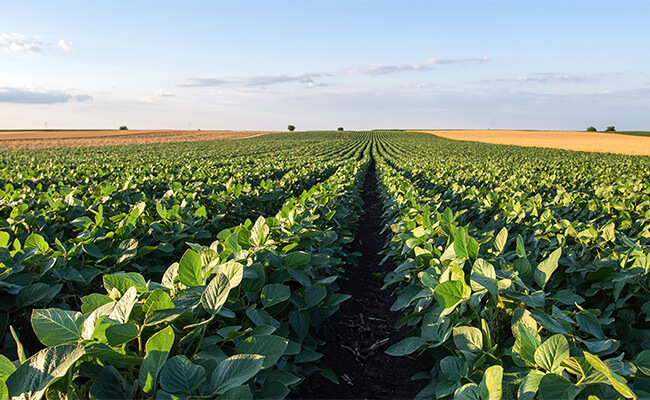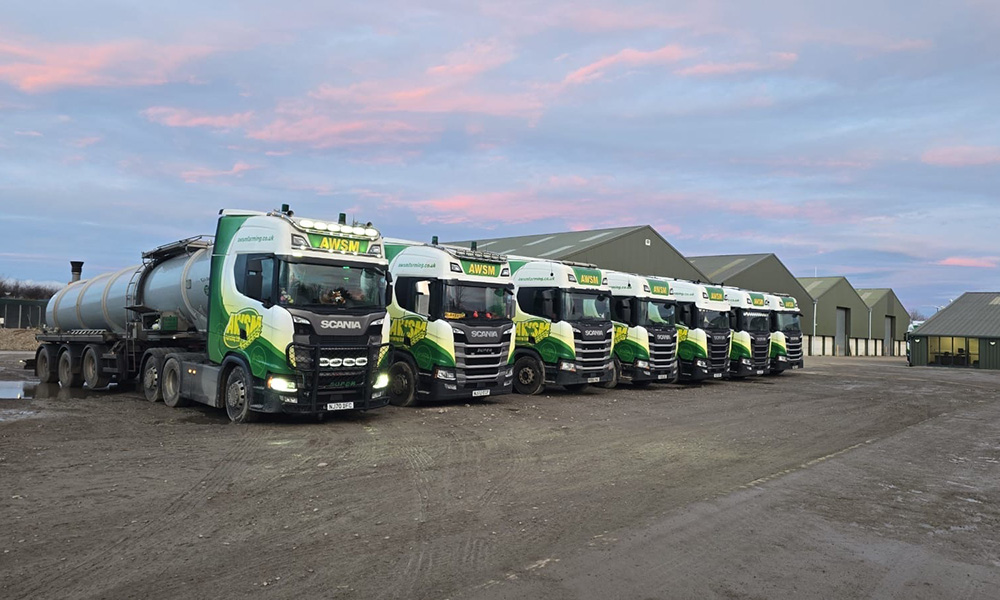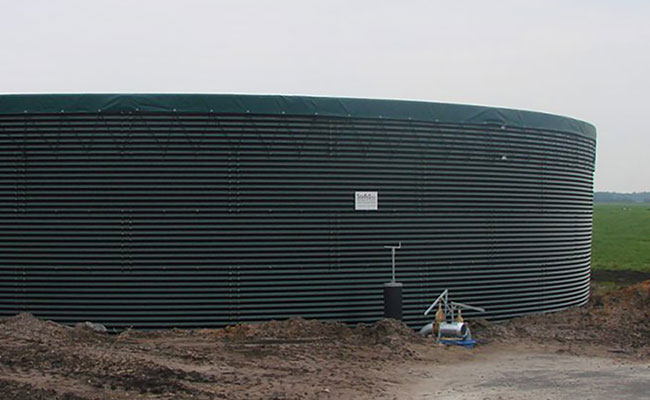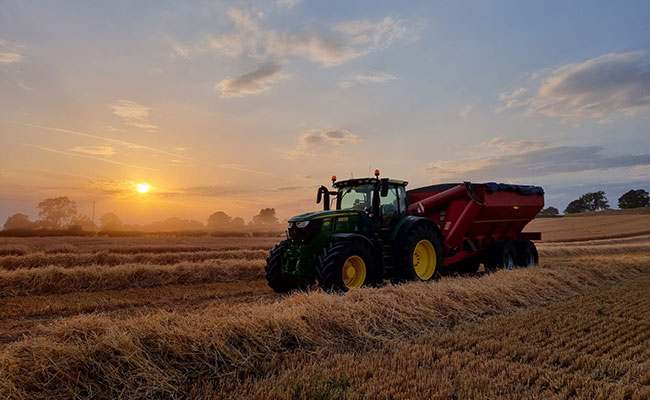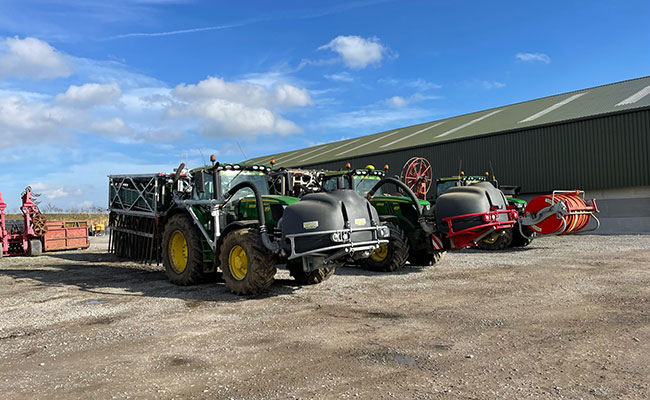Summer Farming – Keeping safe through the warmer months
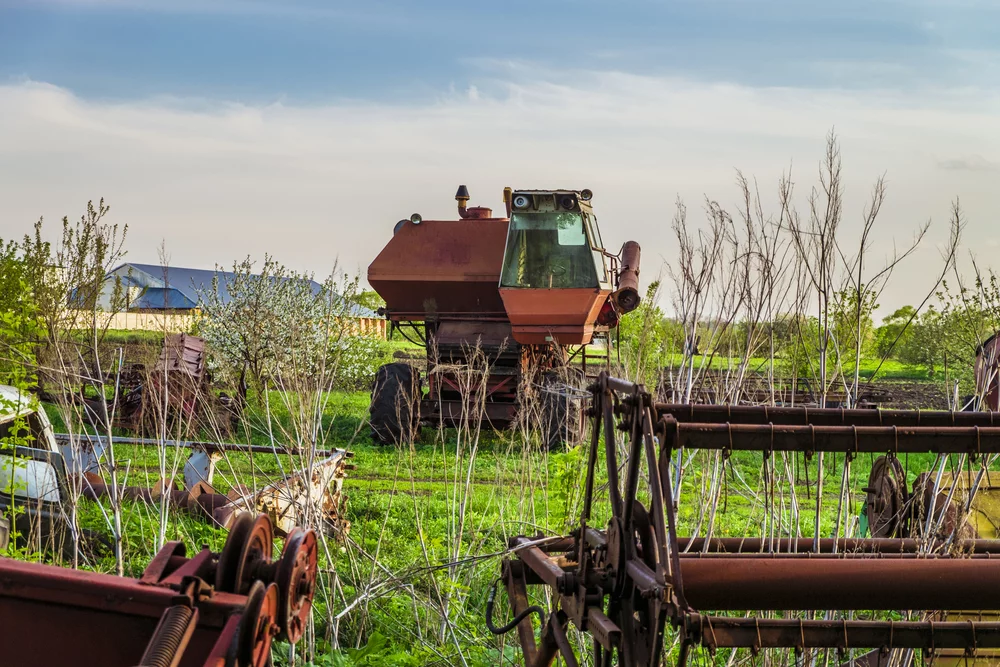
With winter almost past and the worst of the bad weather nearly over, summer is close on the horizon. With the warmer months comes a different array of farming tasks and subsequently, a different way of operating. Farming services will need to ensure that their practices are up to scratch in terms of implementing safety measures, before heading out into the fields. Ranging from wearing correct safety equipment to ensuring machinery is well maintained to prevent damage or injury.
Prior to carrying out any agricultural services on the farm or in the field, it’s important to ensure that you’re prepared to face the sun, heat and dry conditions that the summer months bring. With farming ranked as Britain’s most dangerous job, it is critical to ensure that you protect your workers, livestock and yourself from avoidable dangers and hazards.
Protective gear
From the basics such as sunscreen to respiratory protection such as dust masks and eye protection from chemicals, all farm workers should undertake training in PPE for agricultural services which will ensure that workers and management personnel working in their industry possess an extensive knowledge of appropriate NIOSH protection, skin protection, sun protection for skin cancer prevention, storage of the equipment and Cholinesterase testing protocol.
Brush up on your machinery knowledge
Farming machinery is a core part of the summer agricultural services, therefore constant upkeep is required to ensure that everything is running smoothly, prevents damage and reduces the risk of injury to people using it and working nearby. Staying on top of large machinery operator training is important to ensure the correct operation of the equipment. With larger machinery, there are often multiple operators, therefore they should be regularly inspected and training should be tracked to ensure it is regularly reviewed. Skills must be up to scratch and training should include a revision of operation manuals, ensuring context to the specific tasks is included to provide clarity. Operators should also ensure that they consider their geographical location and the weather in that area, with temperatures varying so much during the summer months, in different areas, these can greatly affect the processes and upkeep of the machinery.
Complete equipment inspections
Testing and adding lubricant frequently is important to the maintenance of your farming equipment. As one of the most important maintenance checks, farm workers should use this opportunity to also check for excess grease build-up in areas such as pistons, leaks around the oil seals and excess deposits of oil.
Signs of wear are caused by the regular use of the machinery and can be caused by vibrations, shock, high temperatures, continuous friction and the overall age of the equipment. Particularly in the summer, friction and high temperatures can result in broken parts, if not attended to in a timely manner. It is important to regularly check equipment to ensure that parts do not break and cause further damage to other areas of the machinery.
Every year, the National Farmers Association receive notifications of injuries and fatalities which have occurred due to a farmer repairing machinery whilst it is running. Although this may seem like the quickest route to the solution, it is one of the more common causes of fatalities on farms and quickly turns bad. When fixing machinery, always ensure that it has been switched off and all moving parts have come to a complete stop. It is also advisable to wait for the machinery to cool too, to reduce the risks of burns or injuries.
